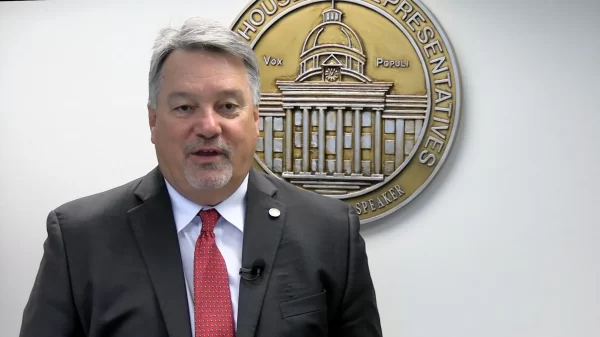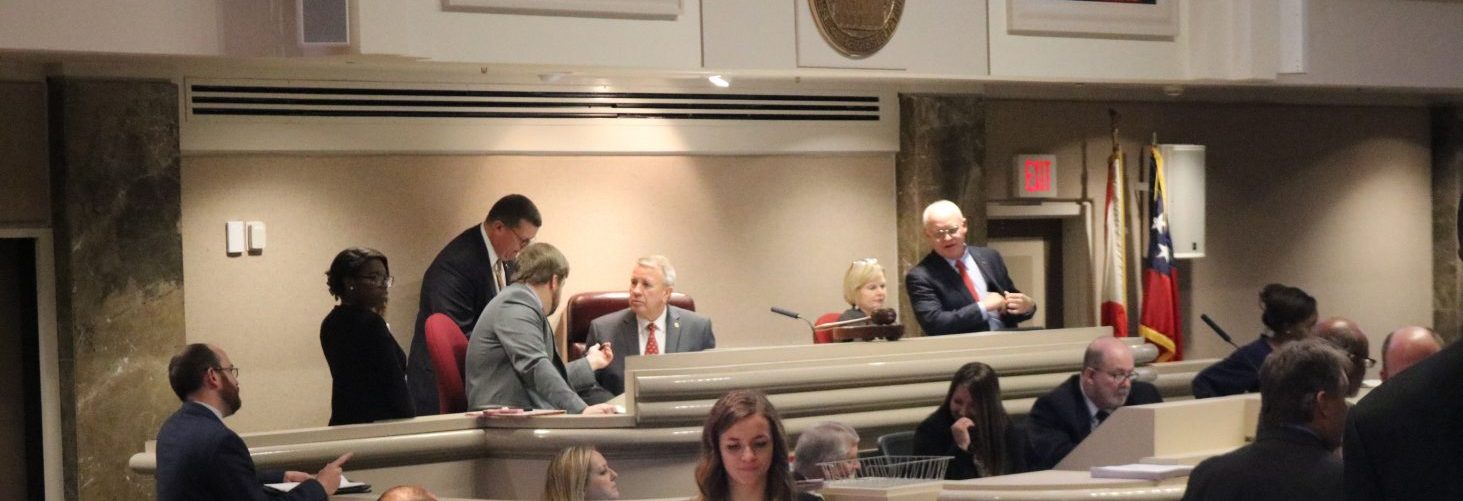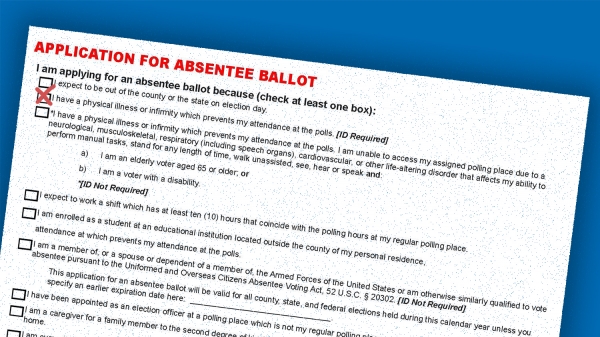By Chip Brownlee
Alabama Political Reporter
The Alabama House on Thursday approved a bill that would bring more previously unlicensed religious day cares under the supervision of the Alabama Department of Human Resources.
The bill by Rep. Pebblin Warren, D-Tuskegee, has been nearly two years in the making. It passed the House last year but died during a 10-minute calendar in the Senate as the Legislature neared the end of the session last year.
This year, the House passed Warren’s bill by a vote of 86 to 5 — but only after hours of debate. Cheers erupted on the floor when the bill passed Thursday evening.
“It will be a giant step forward because they’ll know someone is looking,” Warren said. “They’ll know I’m looking.”
The Senate is expected to put the bill on the “fast track,” taking it up in Senate committee within the next few legislative days after lawmakers return Tuesday.
The legislation, if it becomes law, would require some for-profit religious day cares and those that receive federal or state funding to go through DHR’s licensing process and abide by the department’s minimum safety standards. Some religious day cares — those that don’t receive federal or state funding — will remain exempt from state licensing processes.
“My initial objective is still the health and safety of the children in day cares in the state of Alabama,” Warren said.
Warren introduced the bill last year after a string of incidents including the death and injury of several children in unregulated, church-affiliated day cares.
After the bill failed in last year’s legislative session, a 5-year-old boy, Kamden Johnson, was found dead, lying on the side of the road three miles from his Mobile-area day care, Community Nursery & Preschool Academy on Hillcrest Road, in August.
More than 23 instances of non-compliance were found at the previously unlicensed, unregulated day care where the young boy died. Kamden’s name was invoked numerous times Thursday as lawmakers pushed for the legislation.
His death wasn’t the first time children have been killed or injured in day cares operating at lower safety and health standards. More than 80 children became ill at a Montgomery day care in 2015 after they were infected with staph, and, in another instance, a South Alabama woman opened several “religious” day cares despite charges of abuse and child neglect.
“After the tragedy over the summer, I said this year would be different. It must be different,” Warren said.
Warren said the process of getting this legislation through was exhausting.
“It’s really been a long day but I’ve been very, very prayerful in this, and I think God is pleased,” Warren said. “I didn’t give up. I could have easily said hey, throw my hands up and walk away.”
Alabama law, as it stands, allows day cares that are affiliated with churches and other religious groups to apply for exemptions to licensing requirements. While those unregulated day cares are required to follow health department and fire safety regulations, they aren’t otherwise subject to oversight or inspection by the Department of Human Resources.
The department typically inspects licensed day cares to ensure they meet minimum staff qualifications, criminal background check and training requirements, insurance, staff-to-child ratios, minimum facility and equipment safety standards and health inspections.
Almost half of the nearly 2,000 day cares in Alabama were claiming this exemption, according to DHR. The bill is expected to cut that number in half, at least.
Many currently exempt facilities accept state or federal funding and will be required to obtain a DHR license if this legislation makes it into the lawbooks. And the federal government began requiring inspections on those facilities last year.
But the bill this year is significantly weaker than the bill Warren got passed last year, which would have required all day cares to become licensed. Warren said she was forced to compromise with conservations leading into the committee process.
“The church groups fought, fought, fought,” Warren told APR Tuesday. “But this has nothing to do with your teaching. It has only to do with the health and safety of children.”
The compromises led to Warren agreeing to leave some exemptions in place for those facilities that don’t accept state or federal funding.
The bill passed out of committee Tuesday after nearly 20 people showed up to speak in favor of the bill at a public hearing.
Warren said this was a “step in the right direction” but more needs to be done. She pointed to more than 100 instances of unlicensed day cares withdrawing from their federal funding after they could no longer meet minimum compliance requirements.
She has some reservations about those bad actors that could keep operating even if they lose state and federal money.
“The scary thing is if they’re just giving up federal dollars so they can continue to go on and perform like they’re performing,” Warren said. “Those are the ones, if we decide to come back and do it, we’re going to make sure that those will not be able to exist.”
But she believes many of those day cares will likely shut down because they survive off of federal and state funding.
“That’s going to take up a lot of them,” Warren said.
While the original bill would have required those day cares that remain unlicensed to submit to annual inspections, that portion of the bill was also removed during negotiations with some conservative lawmakers.
In the final version of the bill, they’ll only be required to meet existing minimum health and fire safety standards — verified annually by their county health department and local fire department. But it will implement some additional requirements, too. Those exempt facilities will be required to submit employee lists, report any criminal history and meet minimum liability, proof of property and casualty insurance requirements.
Rep. Allen Farley, R-Bessemer, held up a vote on the bill Thursday as he worked to get an amendment passed to remove a provision of the bill that would require licensing for any facilities that cares for a child receiving state child care subsidies.
After hours of debate between Republicans and Democrats — and an attempt from Warren to table the amendment — it passed along a near-party line vote.
Farley said he was worried that church day cares would begin turning away foster children and other children who receive subsidies in order to maintain their exempt status for religious liberty reasons.
“I don’t want to jeopardize the day care facility not accepting that child,” Farley said.
But the amendment will have pretty much no effect, experts and Warren said. The Department of Human Resources and state law already requires children who receive department subsidies to attend facilities that meet minimum licensing requirements.
“That amendment really changed nothing, to be honest,” Warren said. “They wanted it on there for the wording. I can deal with it.”
Because child care subsidies are funded by both state and federal sources, both require the children to attend licensed day cares or they risk losing their subsidies.
But Democrats were initially worried that the amendment could open up a can of worms that might jeopardize the rest of the bill if it were in violation of federal law. Rep. Chris England pushed to have a severability clause added to the bill that would protect the rest if that portion was struck down.
Some conservatives still had concerns that the bill violated religious liberty, though a part of the bill clarifies that DHR cannot control religious teaching or affiliation.
Representatives Barry Moore, Phillip Pettus, Ritchie Whorton, Randy Wood and Mike Holmes, all Republicans, voted against the bill. Republican Rep. Harry Shiver abstained and 10 members, largely Republicans, didn’t vote.






















































